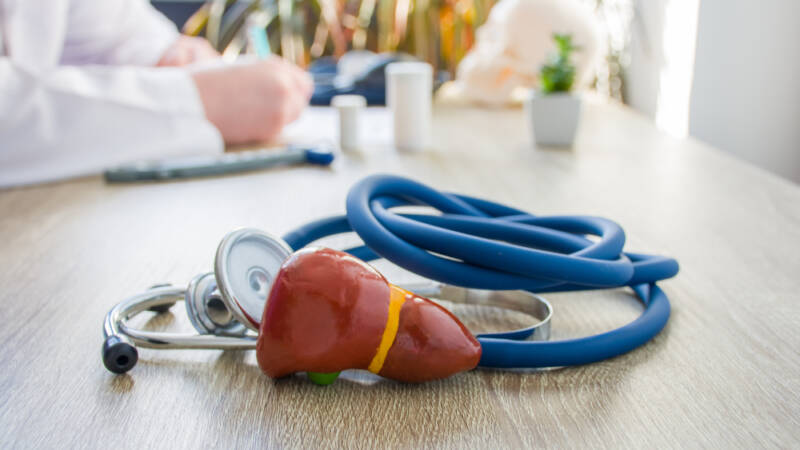Early Signs and Symptoms of Liver Cancer

Liver cancer is on the rise with rates tripling over the past four decades. In fact, in 2021, The American Cancer Society estimates 42,230 new diagnosis and 30,230 fatalities from the disease. However, compared to other widespread life-threatening diseases today, liver cancer is fairly preventable. Read more and search online to learn more about the risk factors and how to lower your chance of getting this disease.
Some people don’t experience obvious symptoms until advanced stages of the disease, which makes treatment more difficult. Search online to keep informed about the disease and what to look for.
Signs and Symptoms
The main reason why it’s easy to miss the early symptoms of liver cancer is that they can easily be mistaken for those of other illnesses. As such, it’s critical to see a doctor when you experience any general symptoms that persist longer than usual.
Symptoms that may result from the early stages of liver cancer include:
- Weight loss
- Loss of appetite and feeling full quickly
- General weakness
- Nausea or vomiting
- White, chalky stool
- An enlarged liver that’s palpable underneath the right side of the rib
- A bulging spleen felt underneath the left rib
- Sharp pains or swelling in the belly
- Itching
- Yellowed skin and eyes
If you notice health changes, look for these signs and make an appointment with you family physician.
Causes and Risk Factors
In some cases, liver cancer may arise from unknown causes. Sometimes it’s a result of DNA mutations that trigger abnormal cellular growth, which can give rise to cancerous tumors. However, certain risk factors increase the likelihood of developing liver cancer.
These include:
- Chronic infections resulting from hepatitis B virus (HBV) or hepatitis C virus (HCV)
- Cirrhosis – which gives rise to expanding and irreversible scar tissues around the liver
- Certain inherited liver diseases like hemochromatosis and Wilson’s disease
- Diabetes
- Nonalcoholic fatty liver disease
- Consumption of aflatoxins, which are contaminants from contaminated foods
- Excessive alcohol consumption
How Is Liver Cancer Diagnosed?
Doctors generally consider a wide range of factors when examining patients, including their medical history, lifestyle habits and any symptoms. Most cases are caught during routine exams, so it’s important to make an appointment with your doctor if you have any liver issues.
If you have risk factors like a history of cirrhosis or hepatitis B and symptoms like fluid buildup in the belly, yellowish eyes and skin and swelling in the legs and feet, then your doctor will likely order a blood chemistry and liver function test. These tests do not diagnose liver cancer, but can provide pointers about your liver’s condition.
If these tests have concerning results, then a few rounds of CT scans will be ordered to determine the size, shape, and location of the tumor. Your doctor may also recommend a liver biopsy for a more accurate diagnosis.
Treatment Options
Once a diagnosis is made, the cancer will be assigned a stage. Cases are usually grouped into five stages, starting from the very early stage, where there is a tumor with no symptoms, to the most advanced stage, where the cancer has spread to other parts of the body.
Early-stage liver cancer can often be cured through surgery, though a transplant may be recommended if the liver isn’t healthy enough. One or a combination of multiple treatments made be used depending on the stage and unique case.
Alternatives to surgery include:
- Ablation
- Embolization therapy
- Targeted therapy
- Immunotherapy
- Chemotherapy
- Clinical trials
The best thing you can do is take preventative steps, including limiting you alcohol computation, getting a hepatitis B vaccine, and generally living a healthy life. Search online to better understand the risk factors and symptoms of the disease and talk to you doctor if you notice any changes in your health.